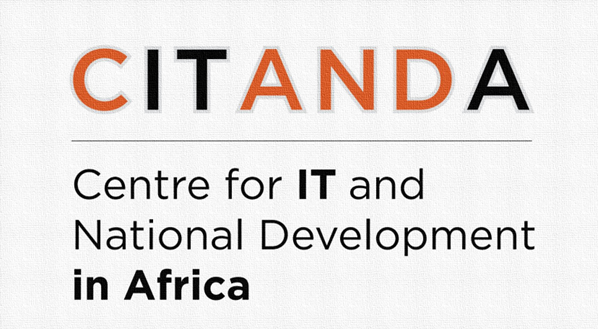Abstract
e-Health solutions in low-income countries are fragmented, address institution-specific needs, and do little to address the strategic need for inter-institutional exchange of health data. Although various e-health interoperability frameworks exist, contextual factors often hinder their effective adoption in low-income countries. This underlines the need to investigate such factors and to use findings to adapt existing e-health interoperability models. Following a design science approach, this research involved conducting an exploratory survey among 90 medical and Information Technology personnel from 67 health facilities in Uganda. Findings were used to derive requirements for e-health interoperability, and to orchestrate elements of a service oriented framework for developing interoperable e-health systems in a low-income country (SOFIEH). A service-oriented approach yields reusable, flexible, robust, and interoperable services that support communication through well-defined interfaces. SOFIEH was evaluated using structured walkthroughs, and findings indicate that it scored well regarding applicability, usability, and understandability.
Included in
Databases and Information Systems Commons, Management Information Systems Commons, Software Engineering Commons


